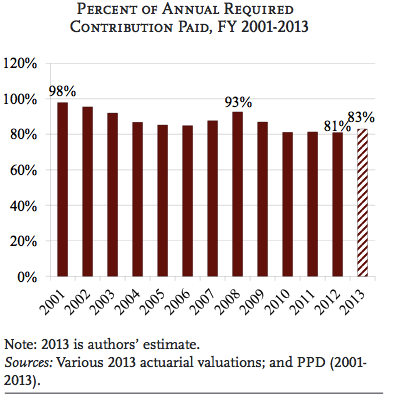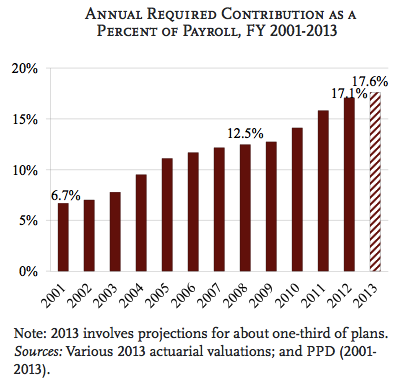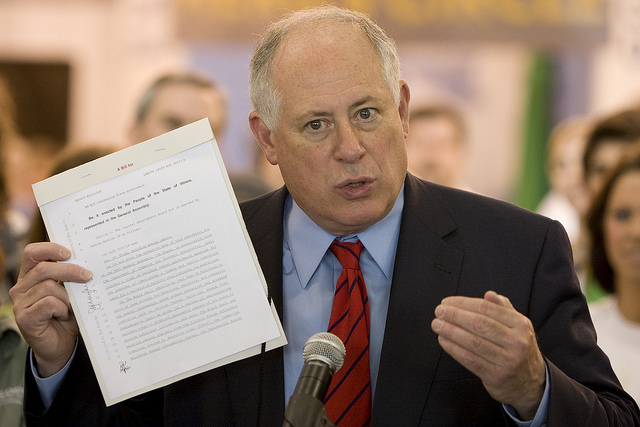 The Illinois Teachers’ Retirement System (TRS) made a series of moves at Thursday’s board meeting that included making $300 million in commitments to two private equity funds and approving the hire of a firm to manage domestic stocks.
The Illinois Teachers’ Retirement System (TRS) made a series of moves at Thursday’s board meeting that included making $300 million in commitments to two private equity funds and approving the hire of a firm to manage domestic stocks.
The system made several new commitments, including $300 million to two private equity funds, one focusing on Asia and the other on technology. From Pensions & Investments:
Siris Capital Group […] graduated from the emerging managers program with a commitment of $100 million to its technology-focused private equity fund, Siris Partners III. TRS invested $12.5 million in Siris Partners II.
TRS committed up to $200 million to a customized Asia-focused private equity strategy managed in a strategic partnership by Asia Alternatives Management. The allocation will be split evenly between a diversified fund of funds and a co-investment fund. The goal is to eventually move some of the Asian private equity managers from the fund of funds into TRS’ direct investment portfolio, Stefan Backhus, private equity investment officer, told trustees.
Taurus Funds Management, a new manager for the TRS, right, received a $30 million commitment to its Taurus Mining Finance Fund.
Active large-cap value equity managers Affinity Investment Advisors and Lombardia Capital Partners each received $25 million commitments from the emerging managers program for domestic and international portfolios, respectively.
Trustees ratified staff-initiated co-investments of $18.5 million and $20 million to existing managers Carlyle Group and Natural Gas Partners, respectively.
Funding for the Siris, Asia Alternatives, Taurus, Affinity, Lombardia, Carlyle Group and Natural Gas Partners hires will come from cash, index funds and rebalancing.
TRS also hired a new firm to manage domestic equities, promoted one other firm and fired another. From P&I:
Trustees of the $43.5 billion pension fund ratified the hire of LSV Asset Management by investment staff in August to manage $360 million in active domestic large-cap value stocks. LSV, which already managed $1.3 billion for TRS in two other equity strategies, replaced Loomis Sayles & Co., which was terminated in August.
Active bond manager Garcia Hamilton & Associates, was promoted from the pension fund’s $732 million emerging managers program to manage a 4% allocation from the fund’s $7.7 billion fixed-income portfolio. The $61 million Garcia Hamilton previously managed will be returned to the emerging managers program. Funding for the new account will come from reducing Prudential Asset Management’s core-plus bond portfolio and rebalancing among other fixed-income managers.
[…]
In further changes to the fixed-income portfolio, Hartford Investment Management was terminated as manager of a $350 million U.S. Treasury inflation-protected securities portfolio. Investment staff “believes the net-of-fees results from these mandates can be improved through two mandates. Further, staff prefers to utilize global inflation-linked mandates, while Hartford’s portfolio is U.S. only,” said R. Stanley Rupnik, chief investment officer, in an answer to a request for clarification.
The Illinois Teachers’ Retirement System manages $43.5 billion in assets.






